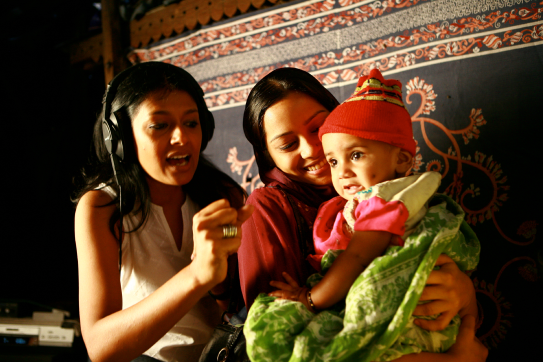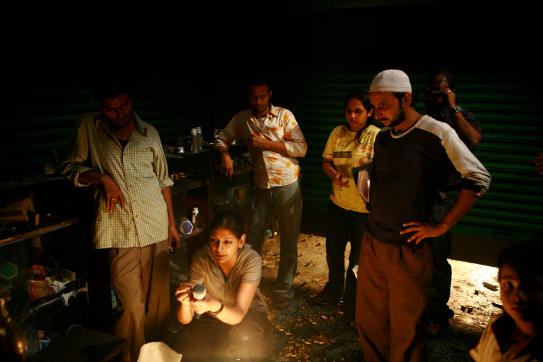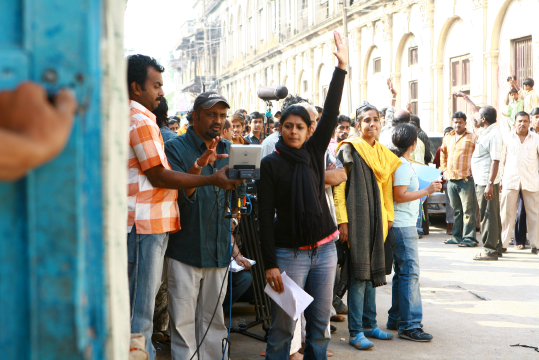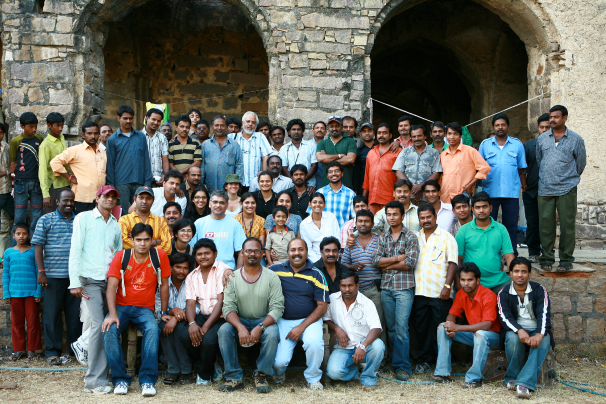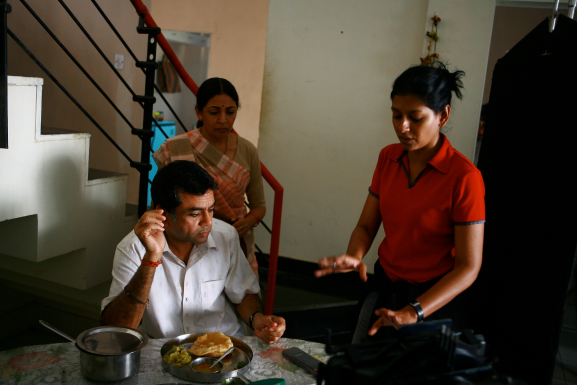In praise of lost causes
- November 1, 2013
Growing up in Delhi, over the years I have seen many protests at Jantar Mantar. It was not unusual to see a passionate bunch, often on hunger strike, screaming, with or without a mike, about causes close to their heart. Sometimes the crowds were huge, even thousands, and on occasions, the ‘unruly elements’ were forcefully dispersed withlathi charge or tear gas. Though most often there were only handful of protesterson a dharna. They sat there with banners and their unshakable conviction, which wouldn’t fade despite the numbers. One related to some of those causes and some seemed really obscure. I myself sat on a few, which not only helped me understand the importance of protests but also that of patience.
But today we live in a new era of mass protests. Over the last decade they have swept through what seems like the whole world. Whether it was the Arab spring, the pan-European protests against economic meltdown or closer home, the anti-corruption movement and the public outcry against the Delhi rape of December 2012.If protests are all around us, so is the fondness for size and success. The social media has made organizing and the feel-good-factor of being part of a protest movement easier than ever. It is all a matter of clicking ‘Like’ for your own favorite cause. And the more ‘Likes’ a cause has, the greater the force of the argument, or so we are made to believe.
And yet there are millions of causes that people fight for, that do not necessarily have the greatest numbers backing them or are up against deep-seated political or corporate interests that almost have no chance of success. In retrospect many of those protests in Delhi that I grew up with, are ongoing battles. But one can join the dots only backwards. For instance, the Tunisian fruit seller Mohamed Bouazizi’s self-immolation on being humiliated by municipal officers lighted the Arab Spring. His protest at that time may have been seen as a lost cause without any hope of success. Yet in a matter of months the mass protests over his death brought down the government that had ruled for more than twenty years. Even when an issue stirs very few, its worth cannot be judged by the lack of followers or the unlikeliness of its success. Just like the right to vote for women was ignored for decades and a majority of the population in those times viewed it as a lost cause. And today, while we take this right for granted we forget the long journey that many women took across the globe to reach their goal. Today women in Saudi Arabia are defying their nation’s ban on women driving. It again started with a couple of women expressing their civil disobedience, and slowly from a lost cause it is gaining considerable momentum.
There is no dearth of causes, and the least we can do is to sign at least the online petitions for the ones that resonate with us. The last one signed was in solidarity with the Arctic 30, a group of peaceful protestors, who are facing severe charges in Russia for drawing attention to a giant oil company’s drilling activities in the Arctic, causing great threat to the environment. The petiton said, “The Arctic 30 are prisoners of conscience who took such action on behalf of all humanity. As the Arctic reaches a tipping point, so do we.” There is a long list of such ‘lost causes’ that one day will stand the test of time.
This is not to say that some causes are not truly lost and that sometimes even misguided. Certainly they exist but if we are engaged and vigilant, then those would get weeded out through public discourse. The question we all have to grapple with is when should we be guided by the wisdom of popular opinion and when by the dictates of our own sense of right and wrong. And then how do we use that sense and express our solidarity to the many ‘lost causes’ that one day are bound to change history.

